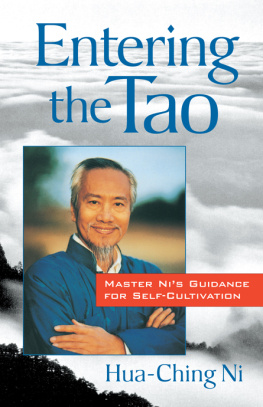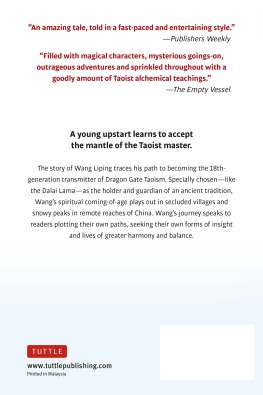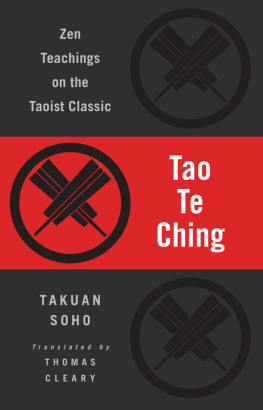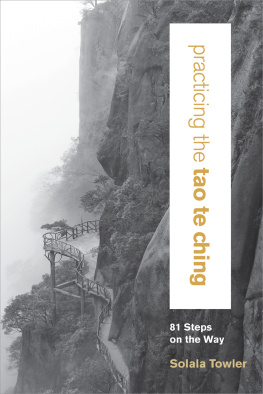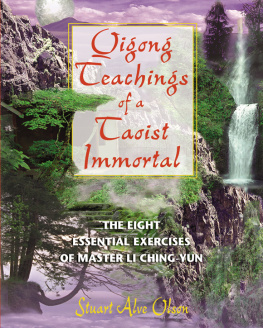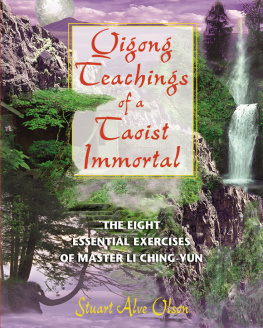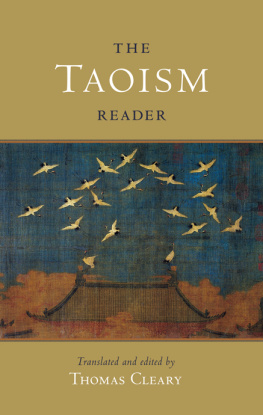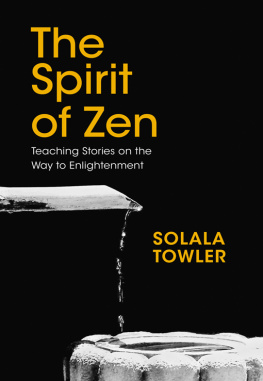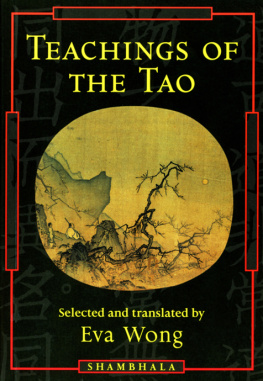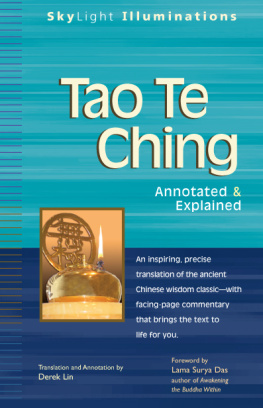A solid foundation for spiritual self-cultivation. These pages offer a smorgasboard of insights into Taoist wisdom.
Values & Visions
ABOUT THE BOOK
Master Hua-Ching Ni uses straightforward language and personal experiences, as well as traditional stories and teachings of the ancient masters, to impart the wisdom of Taoism, the Integral Way. His teachings promote a simple, natural, healthy, and happy way of life that lays the foundation for spiritual self-cultivation.
Master Ni emphasizes that it is important first to establish a good understanding of basic spiritual principles and then begin to realize this wisdom in daily life by adopting practices and attitudes that help to conserve, nourish, and refine the subtle energy. Among the topics he discusses in short, accessible passages are:
- Basic spiritual self-protection
- Self-reliance
- Emotional balance
- Dos and donts for a healthy, natural lifestyle
- Sleeping and dreaming
- Diet
- Love, sex, and marriage
- Meditations and invocations from the Taoist tradition
HUA-CHING NI, an acknowledged master of all aspects of Taoist arts and philosophy, has lived and taught in the United States since 1976. He is the author of more than forty-five books on Chinese philosophy, traditional healing, the I Ching, meditation, and related subjects.
Sign up to learn more about our books and receive special offers from Shambhala Publications.

Or visit us online to sign up at shambhala.com/eshambhala.
Entering the Tao
Master Nis Guidance for Self-Cultivation
Hua-Ching Ni

SHAMBHALA
BOSTON & LONDON
2013
Shambhala Publications, Inc.
Horticultural Hall
300 Massachusetts Avenue
Boston, Massachusetts 02115
www.shambhala.com
1997 by Hua-Ching Ni
Cover photograph by Rob Latour
All rights reserved. No part of this book may be reproduced in any form or by any means, electronic or mechanical, including photocopying, recording, or by any information storage and retrieval system, without permission in writing from the publisher.
Library of Congress Cataloging-in-Publication Data
Ni, Hua-Ching.
Entering the Tao: Master Nis guidance for self-cultivation/Hua-ching Ni.
p. cm.
Includes bibliographical references.
eISBN 978-0-8348-2396-9
ISBN 1-57062-161-6 (alk. paper)
1. Spiritual lifeTaoism. 2. Tao. I. Title.
BL1923.N53518 1997 | 96-36971 |
299'.51444dc21 | CIP |
Before, you were at the fence.
You will soon be at the gate.
Maybe you will want to enter the hall.
Perhaps you would like to go to the outer room
and then sit in the inner room and enjoy the use
of the invaluable treasures.
Hua-Ching Ni is a Taoist master who has been teaching in the United States since 1976. He has devoted his life to continuing a spiritual tradition transmitted through an unbroken succession of seventy-four generations of masters dating back to the Han dynasty (206 BCE220 CE). Trained in mainland China by Taoist masters in healing, Tai Chi Chuan, Kung Fu, Internal Alchemy, Chinese medicine, and herbology, he is a fully acknowledged master of all aspects of Taoist arts and metaphysics. However, he says that he prefers to be thought of simply as a spiritual friend.
Master Ni is the author of more than forty-five books in English on philosophy, Chinese medicine, Tai Chi Chuan, the I Ching, Taoist meditation, and related subjects. In his writings he uses straightforward language and personal experiences, as well as traditional stories and teachings of the ancient masters, to impart the wisdom of Taoismor, as he calls it, the Integral Way. His teachings promote a simple, natural, healthy, and happy way of life that lays the foundation for spiritual self-cultivation. Master Ni emphasizes that it is important to first establish a good understanding of basic spiritual principles and then begin to realize this wisdom in daily life by adopting practices and attitudes that help to conserve, nourish, and refine the subtle energy. The selections in this book, drawn from the large body of Master Nis writings, were chosen so as to emphasize these two areas of principles and practice, with an emphasis on teachings that are both inspiring and easy to understand.
Several meditations and other practices are included among the selections. Readers should be aware that Taoist practices, although apparently very simple, can also be quite powerful, and it is usually recommended that one practice only under the guidance of a qualified teacher. If you try the practices described in this book, please do so sensibly and with moderation, and understand that the publisher and author cannot be held responsible for any ill effects resulting from improper use of the exercises.
I am a great admirer of Master Ni and feel that spiritual seekers of all kinds can benefit from his words. Since the book is meant to be an introductory sampler rather than a complete presentation of Master Nis work, readers are encouraged to consult the books listed in Sources and Resources, where information is also given on where to obtain further information about studying the Integral Way. At the end of each selection in the book, the source in the bibliography is identified by number, followed by the page citation.
Kendra Crossen Burroughs
I would like to share some very useful advice for your personal cultivation. Taoist self-cultivation is a mental discipline in which every single thought must respond only to Tao, the oneness of the universe. Do ordinary peoples thoughts respond to Tao? No, because ordinary people only think about the trivialities of daily life, and then wonder why they are troubled and unhappy. Will they ever find happiness this way? No, for there is no end to troubles in the human sphere. Even in meditation, if you review all your activities and troubles you will just keep making them recur. What is the method to achieve lasting peace and harmony in life? You must work persistently to reach the spiritual level, even if you have no experience of its existence.
Tao is the potency of the universe. It includes all Gods, all deities, all divine beings, all spirits, and all souls. This means that all things have Tao as their deep root. Anyone who embraces Tao also embraces the potency of the Universe. To embrace Tao is to become Tao, and nothing can be beyond you, nothing can occupy you.
In the sphere of life, individuals may die and transform into other things, but Tao does not change, because it is the change. That which does not change into something else can only be the absolute Tao. Tao is the root of everything, but everything is not Tao. To be formed, limited, manifested, and definable is to be something; to be not limited, defined or formed is Tao.
To use your good mind to respond to trouble is a waste. It is true that the achieved ones know that nothing is beyond Tao, including the trivialities of daily life. However, they never regret anything and they also never really become attached to anything either.
So do not lose yourself in the details of life. There will always be some things in your life you do or do not like, but they are only a small aspect of your life. Life is whole; it is only by attaching yourself to the pieces that you become narrow, shallow, and partial. Do not let your life be cut into pieces by worldly attractions. Do not live for such things and you will stop segmenting yourselves.
Next page
